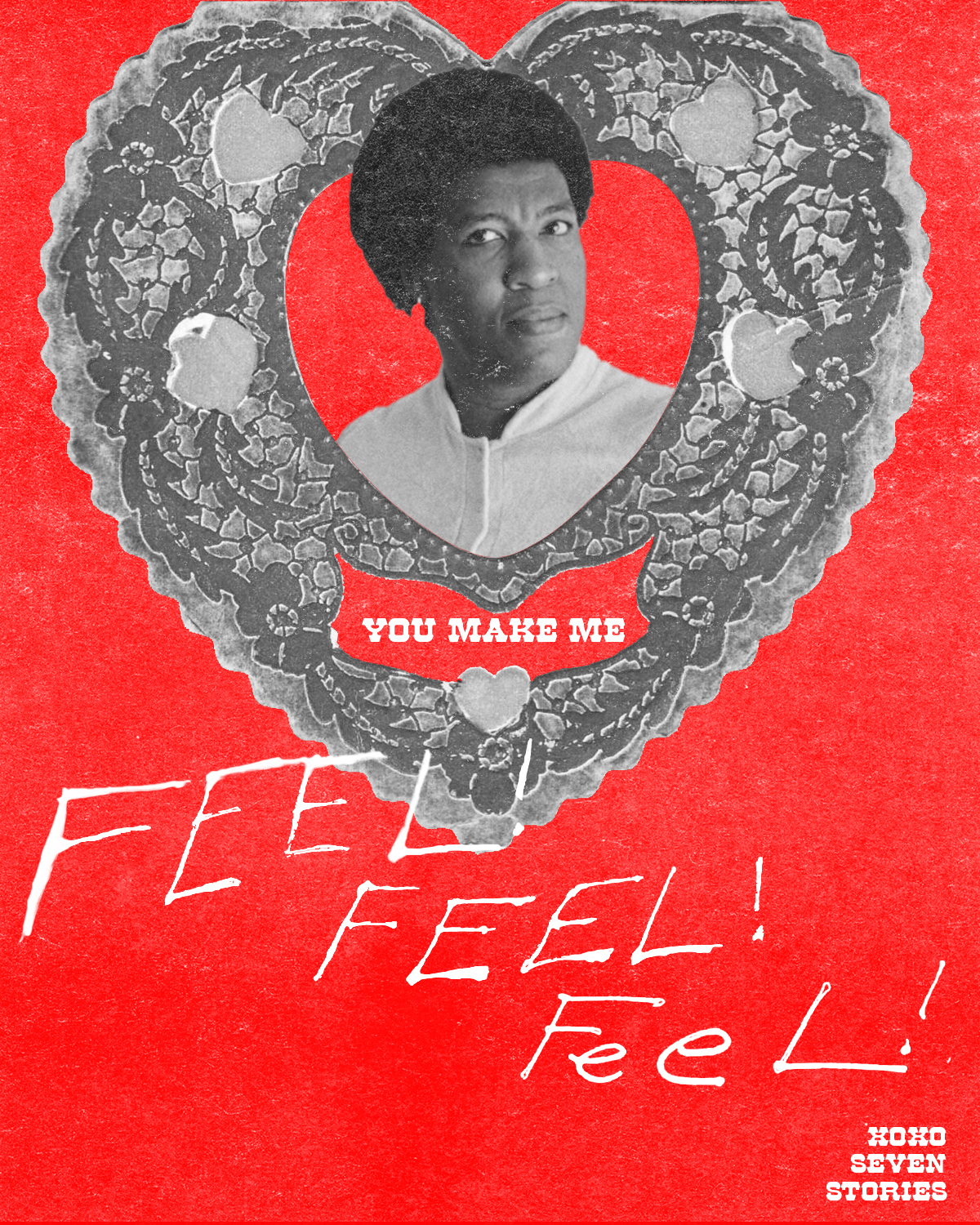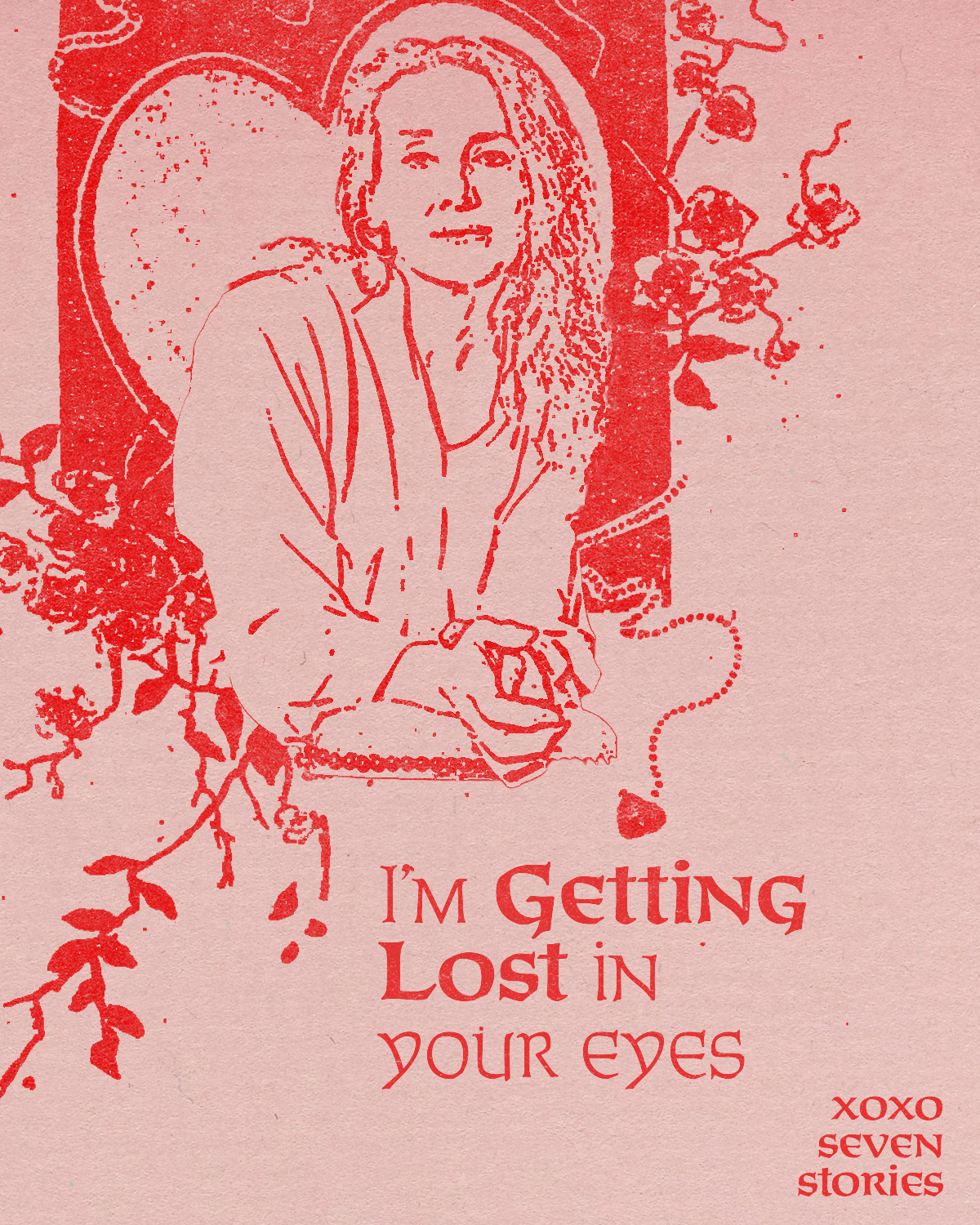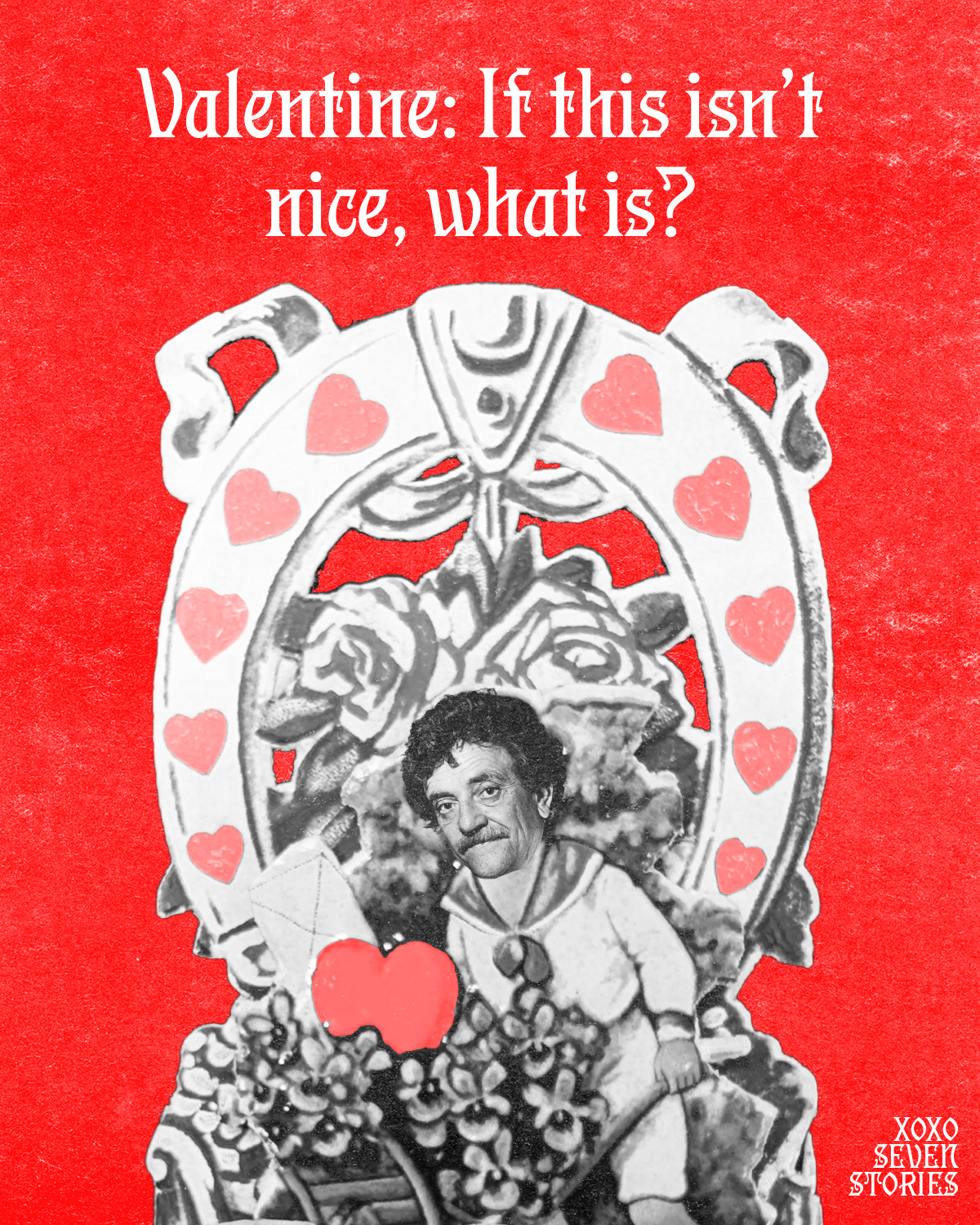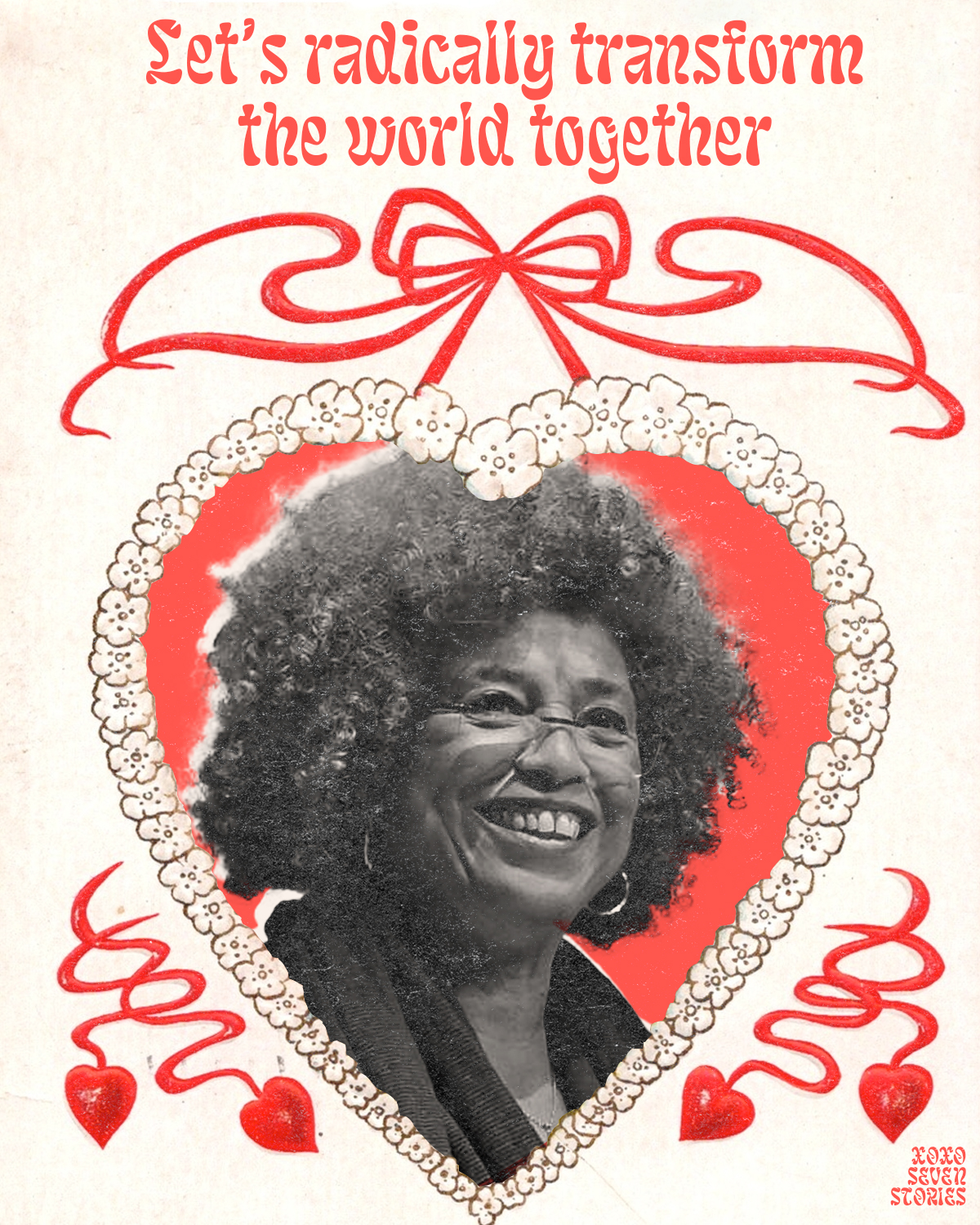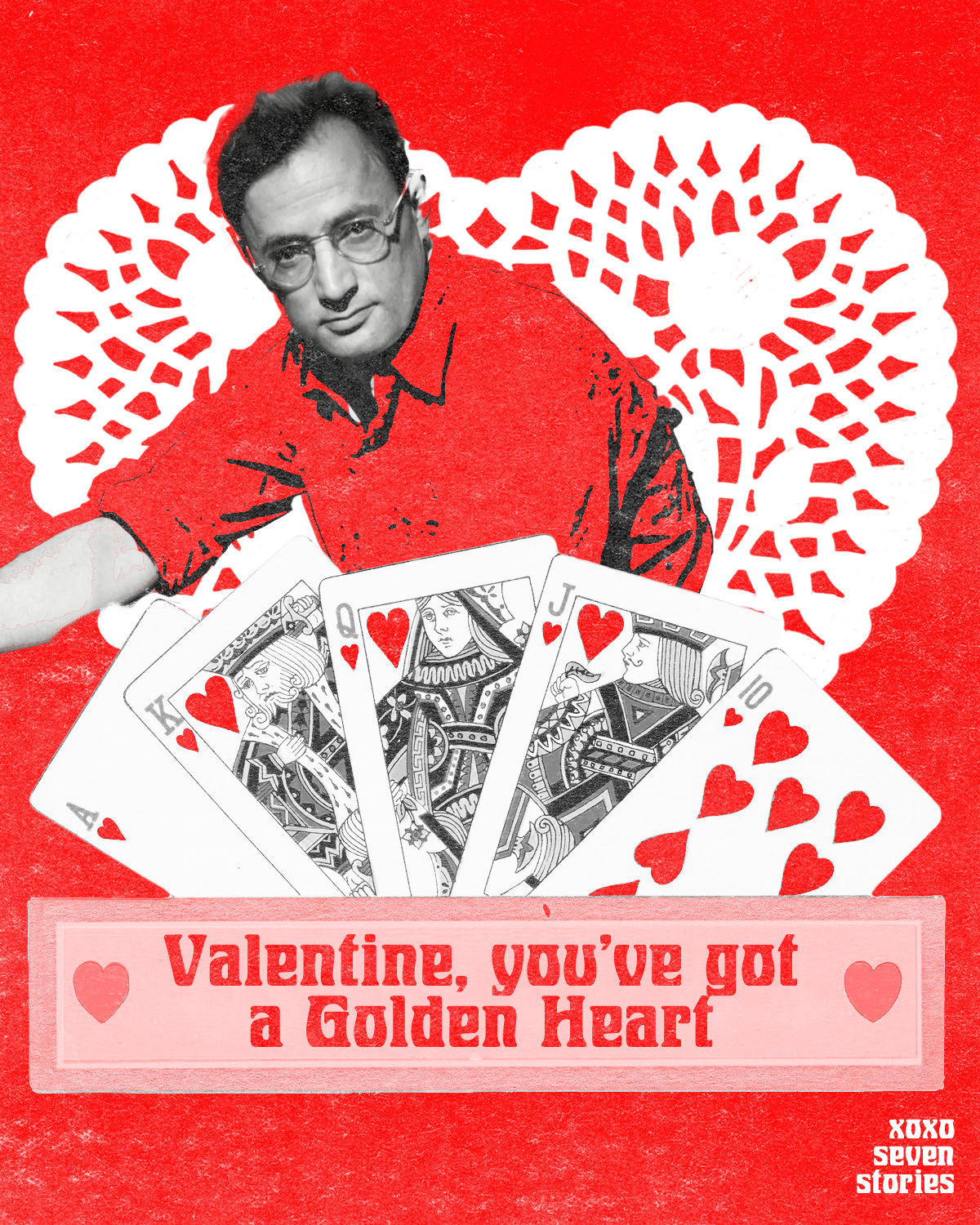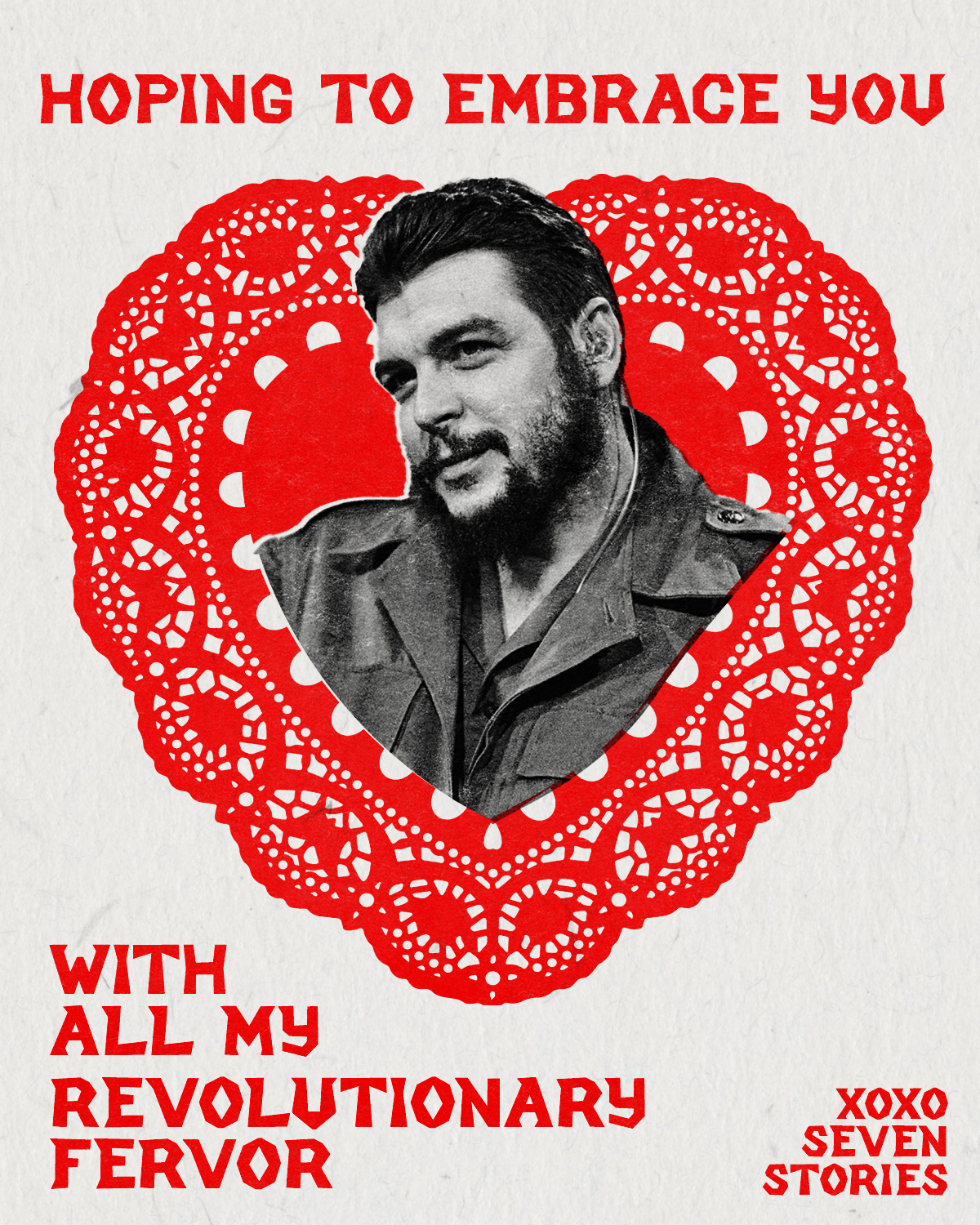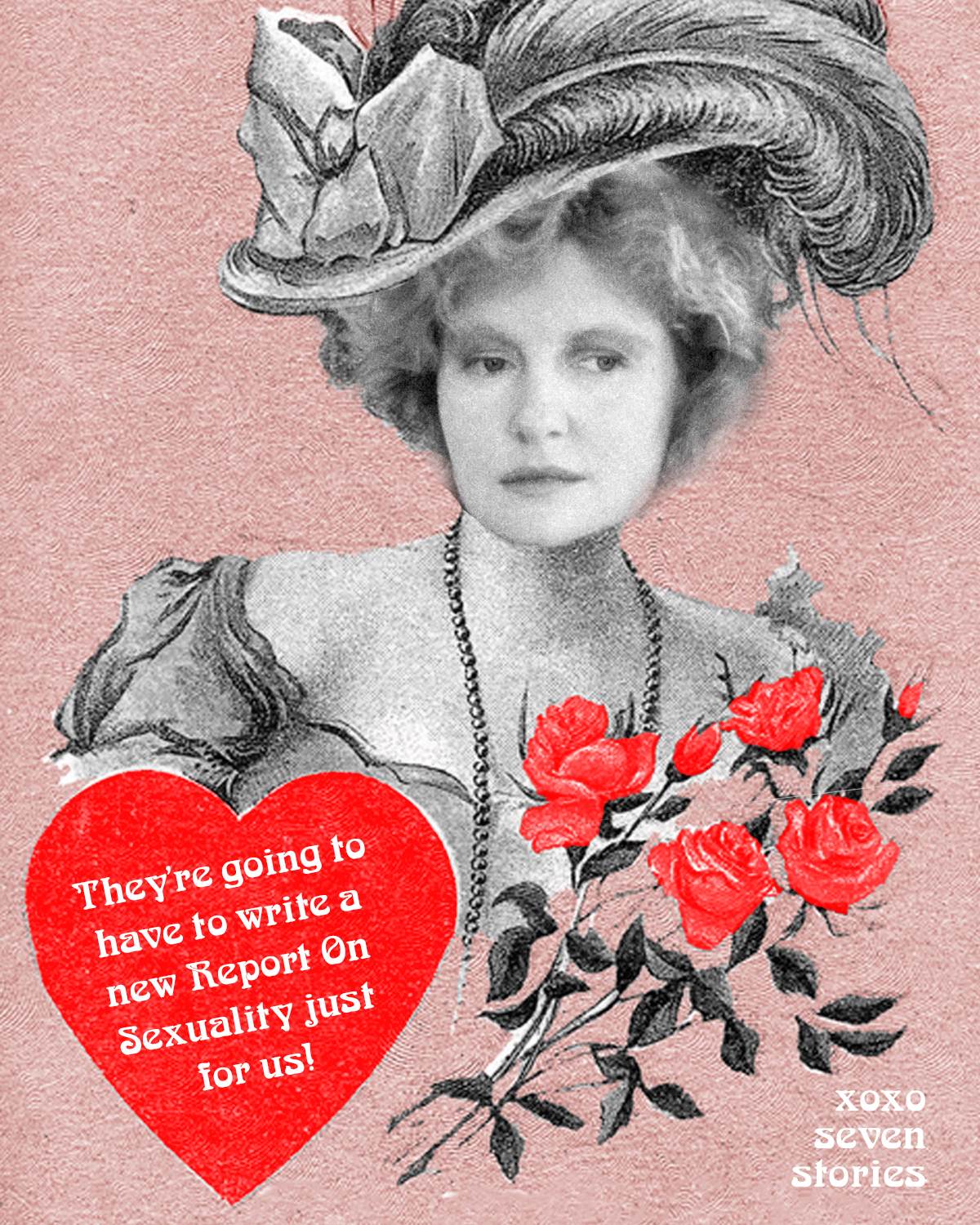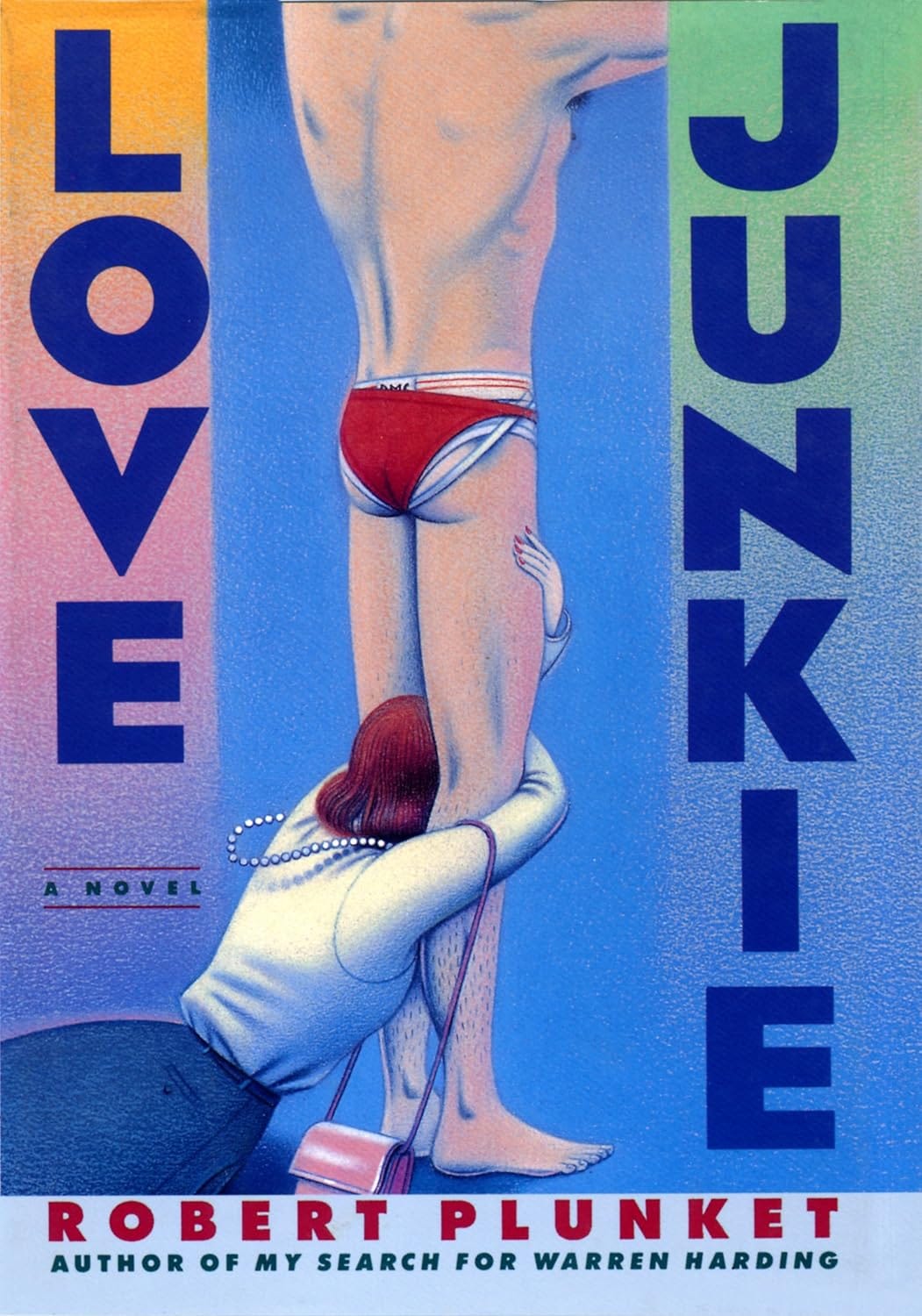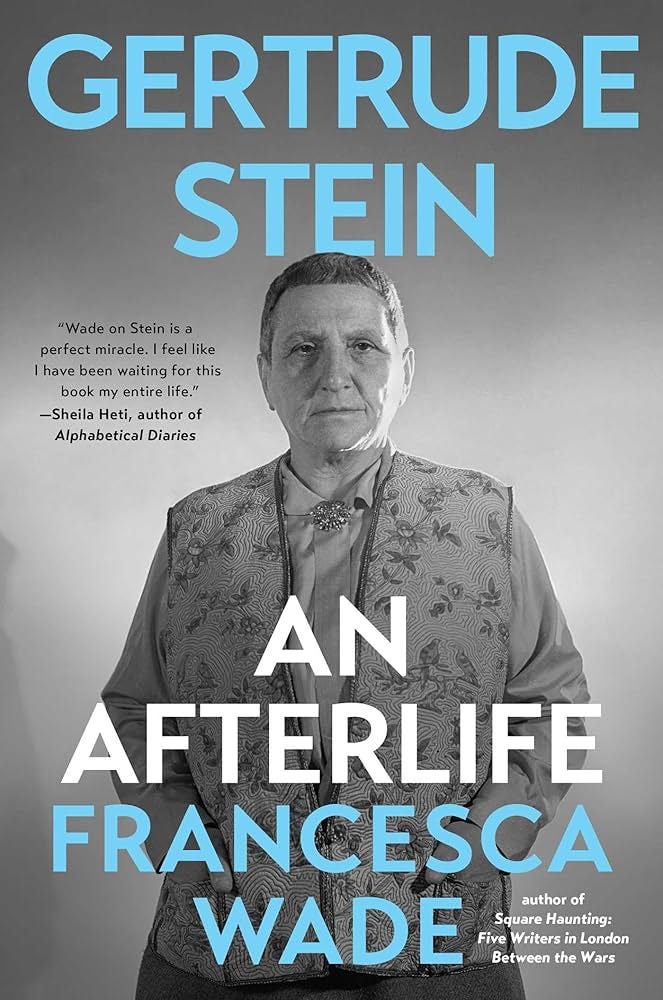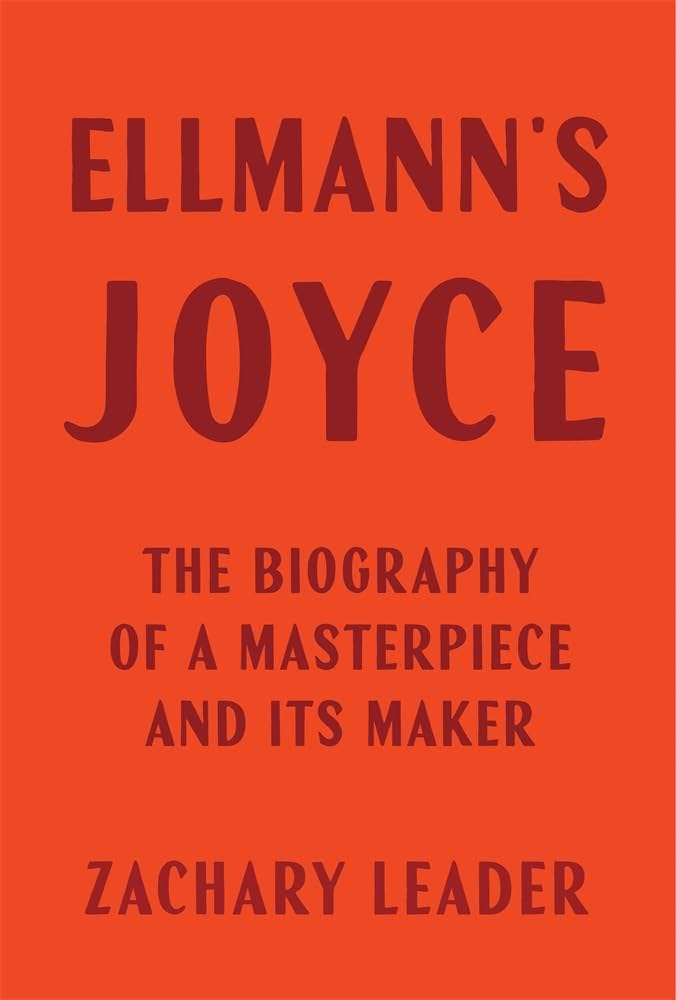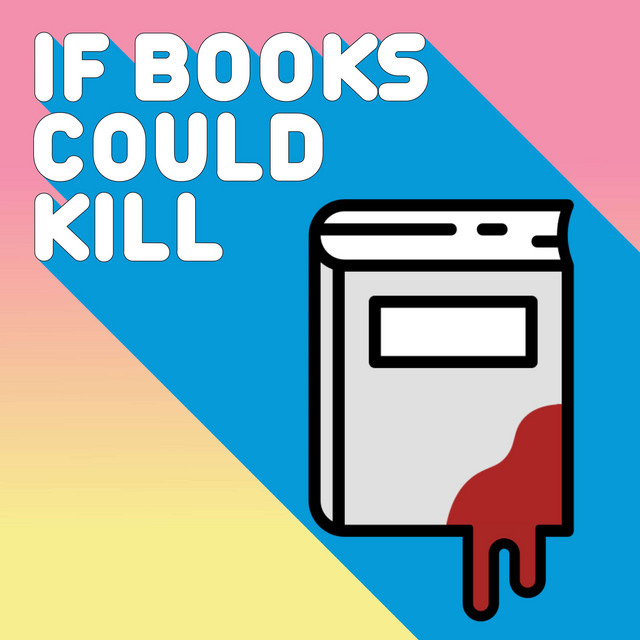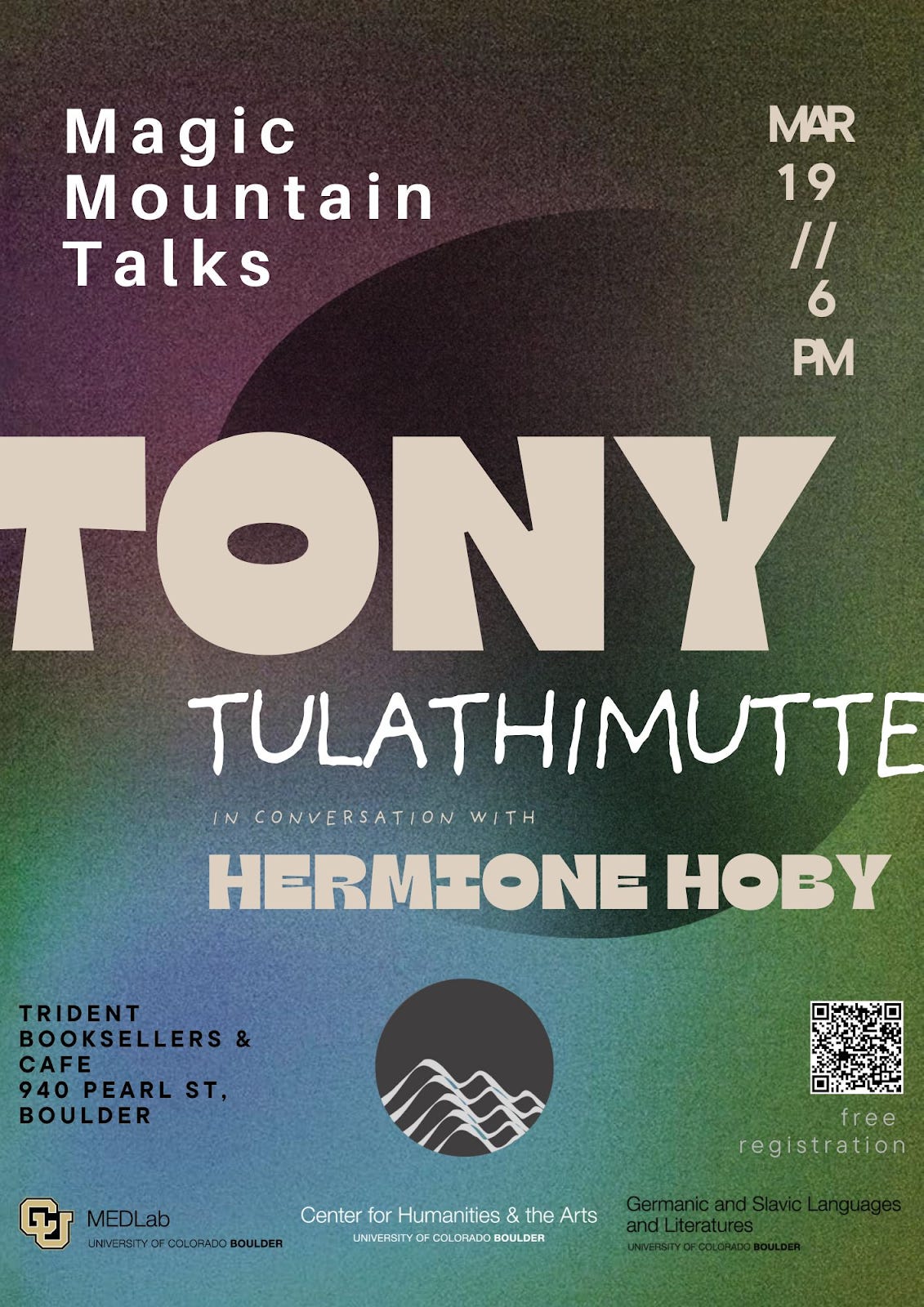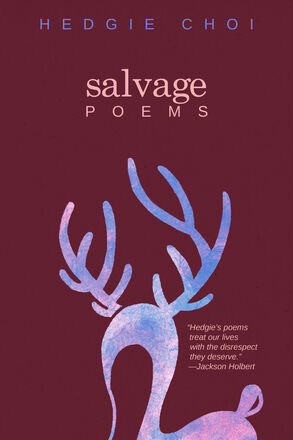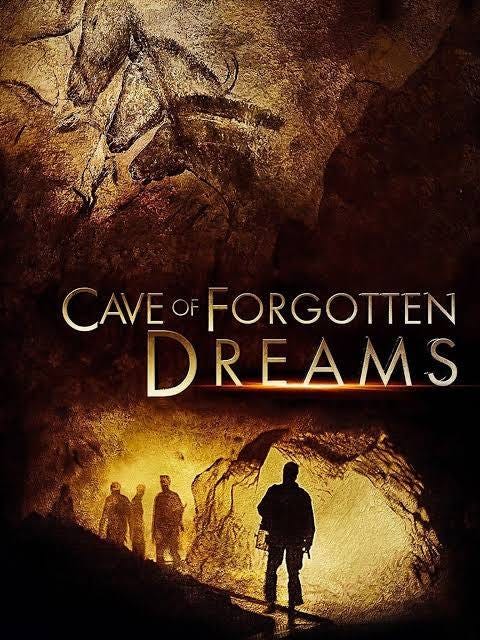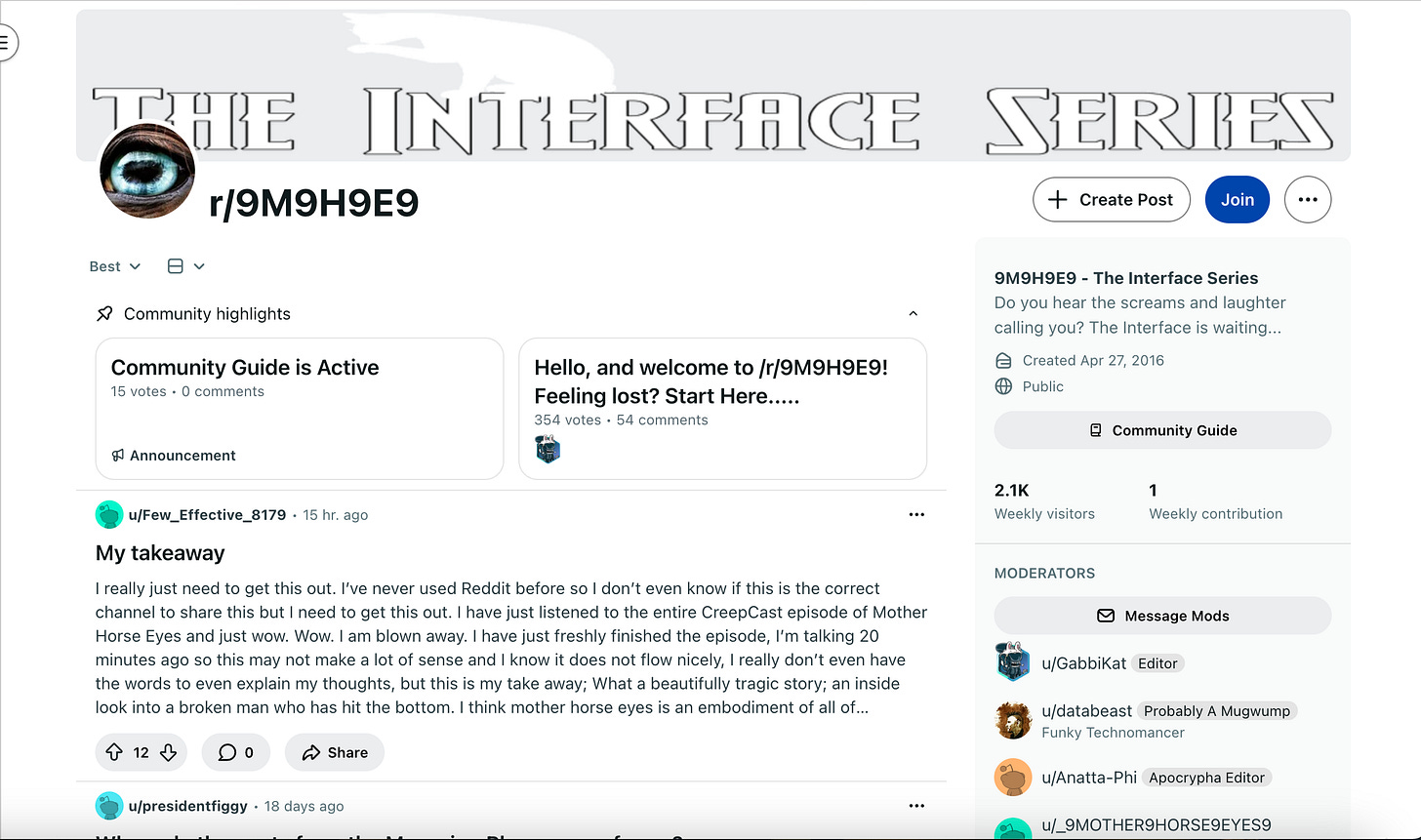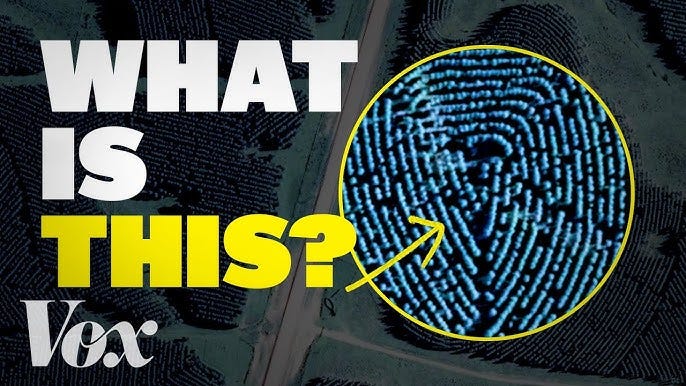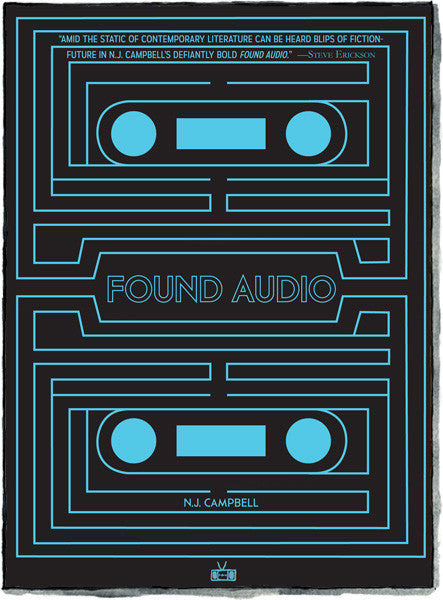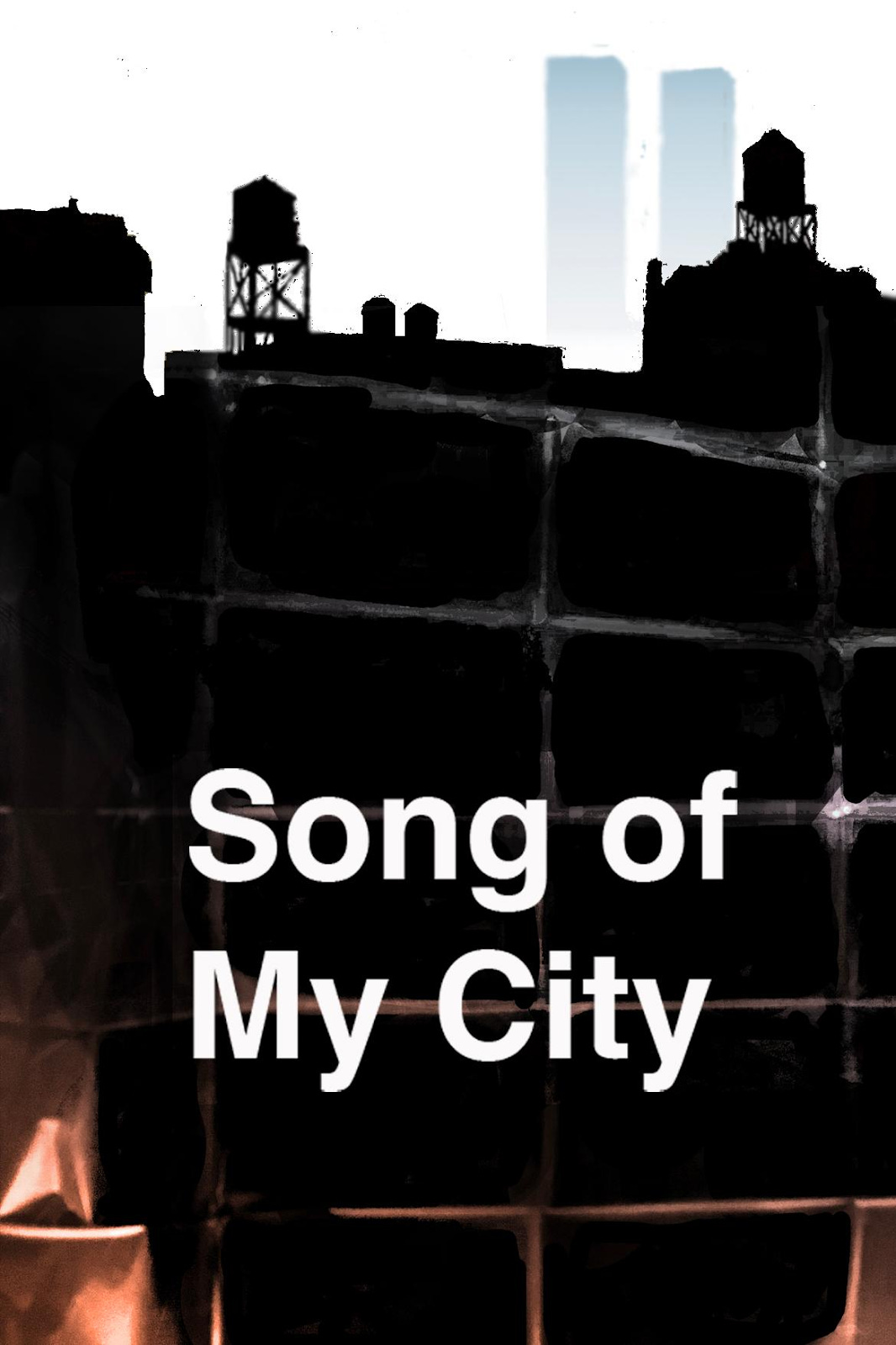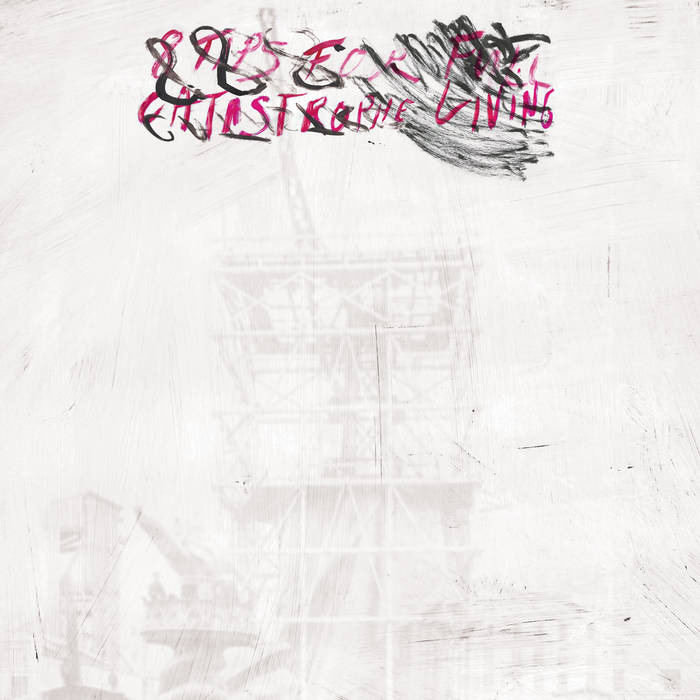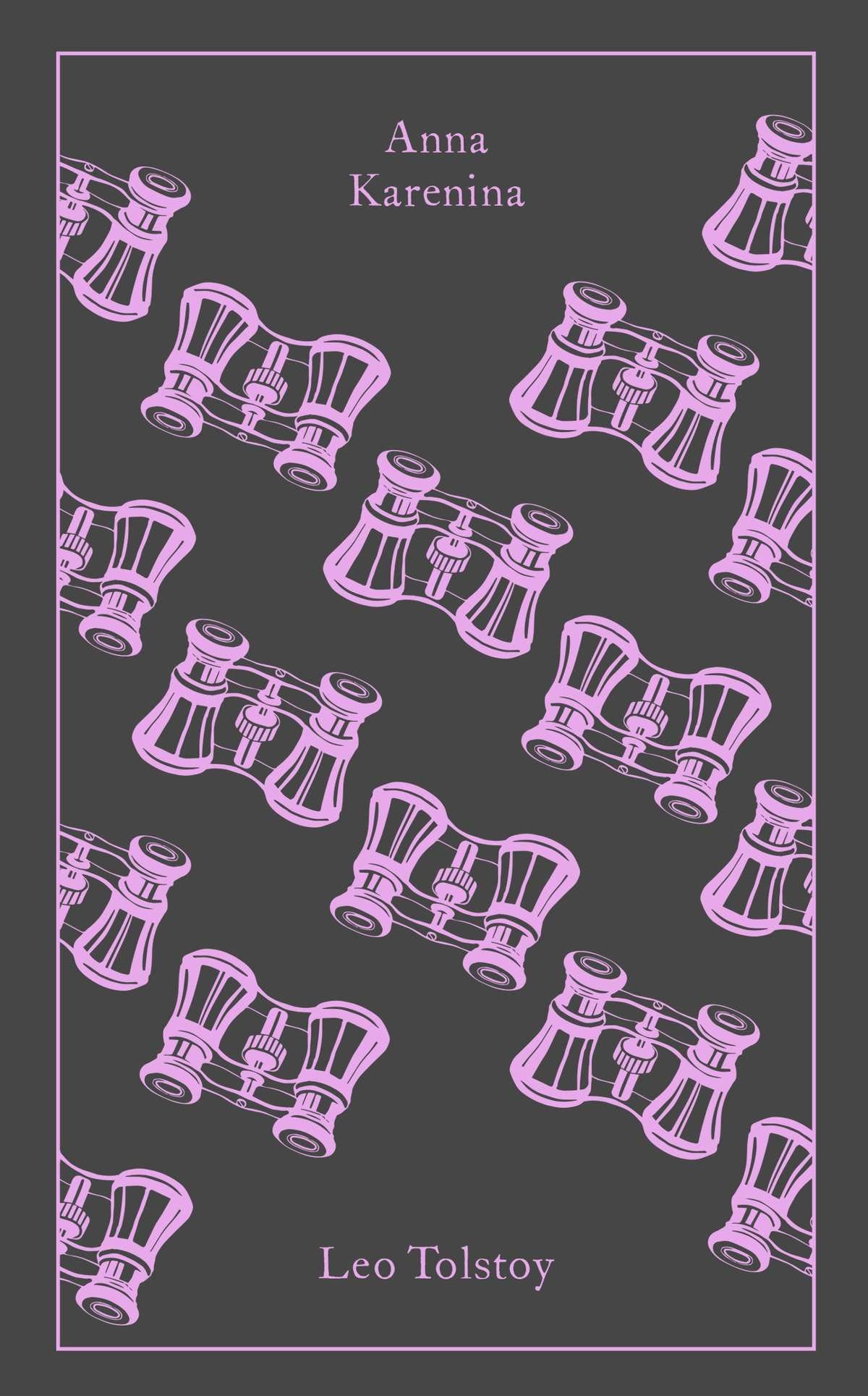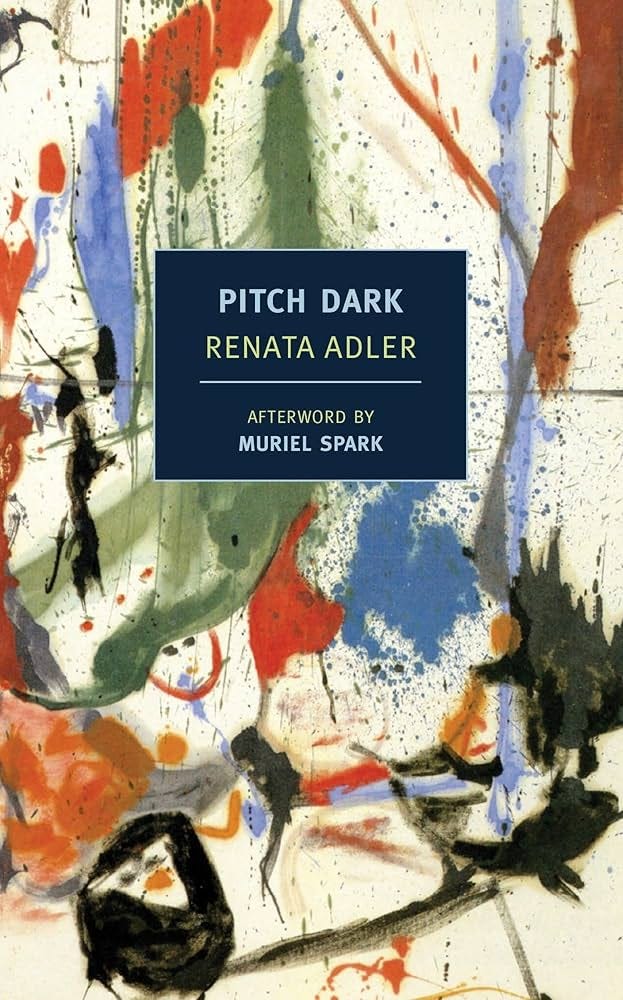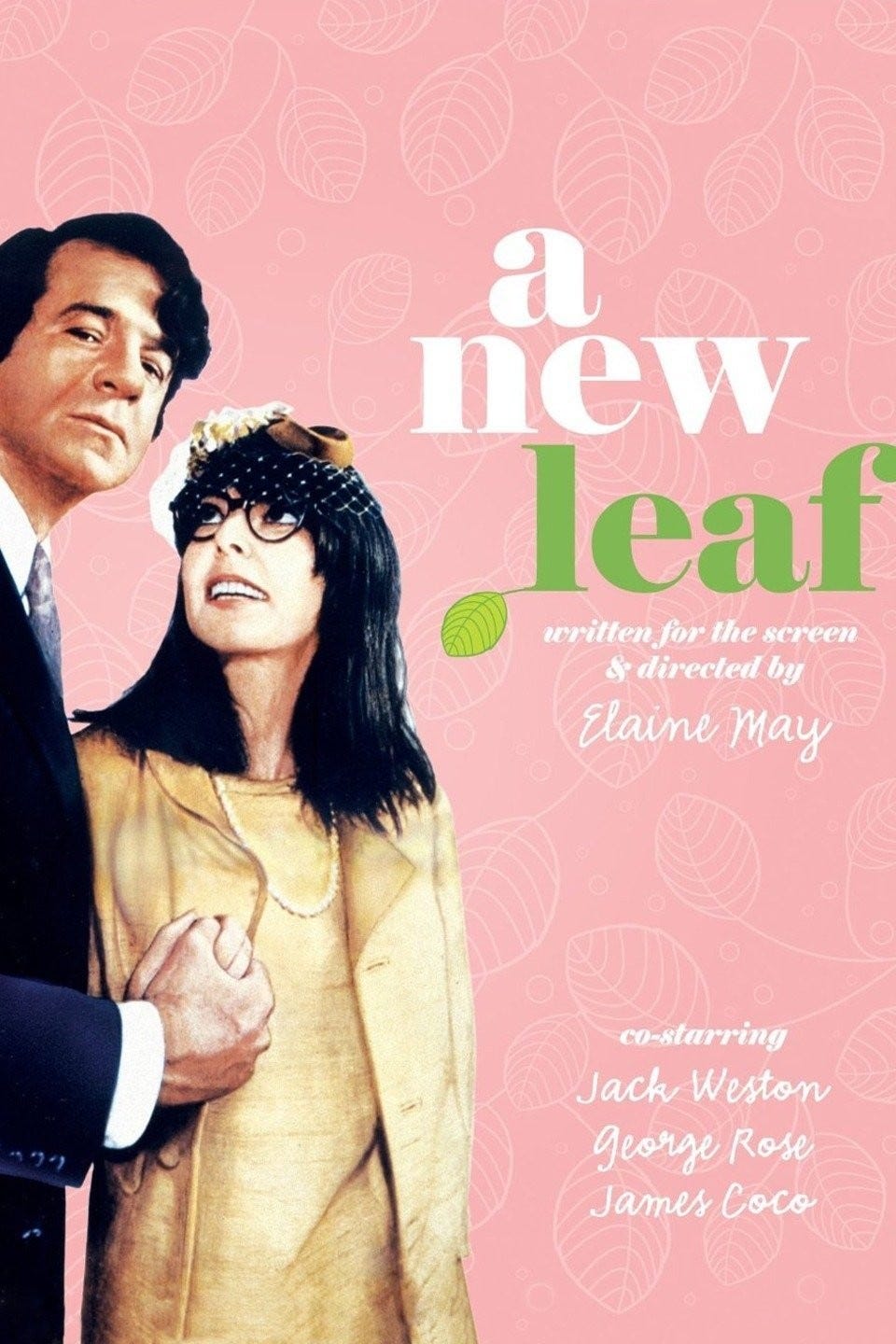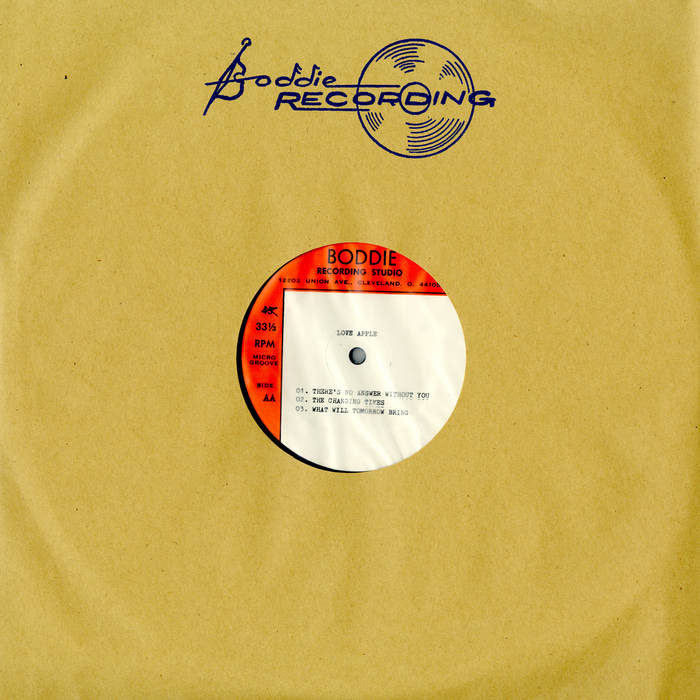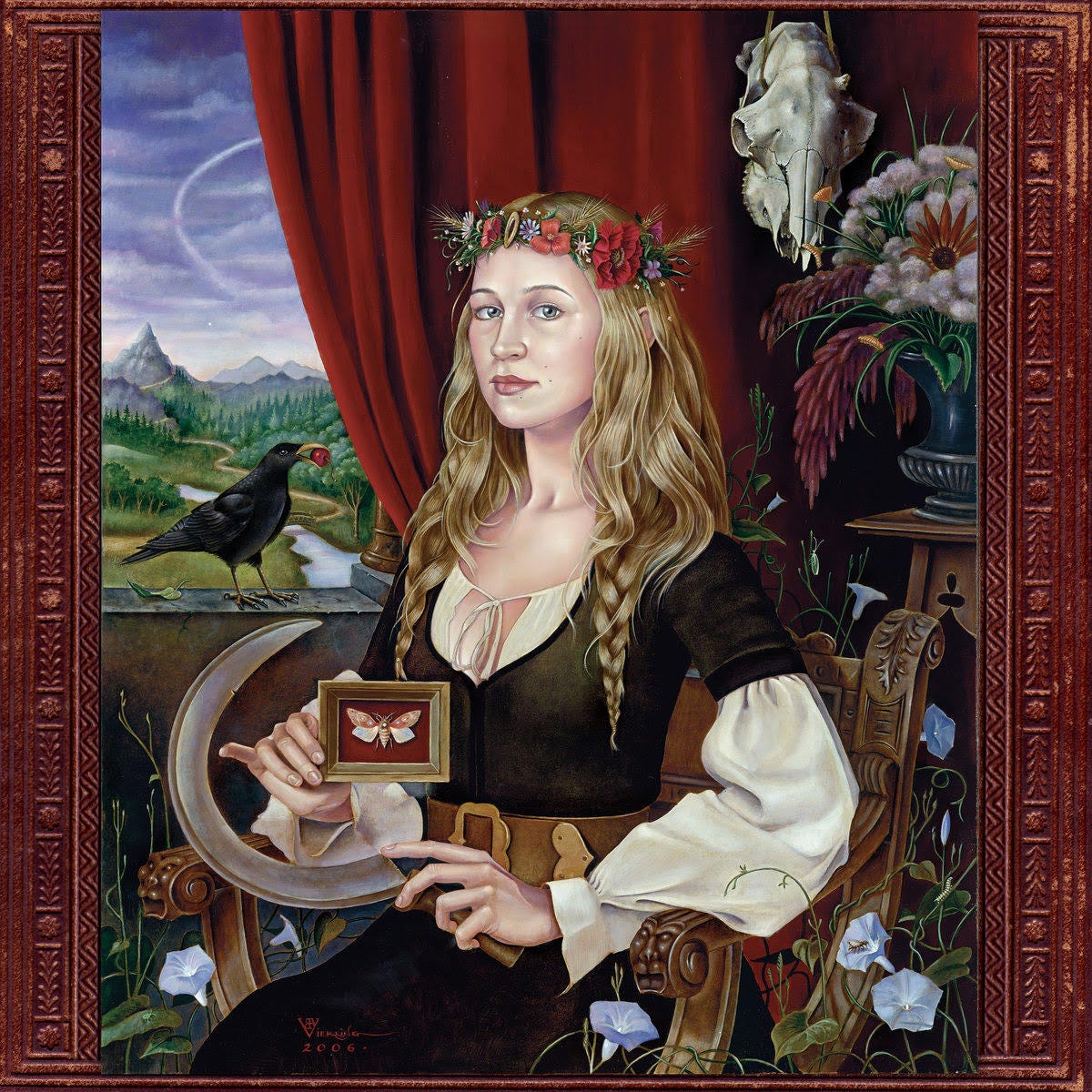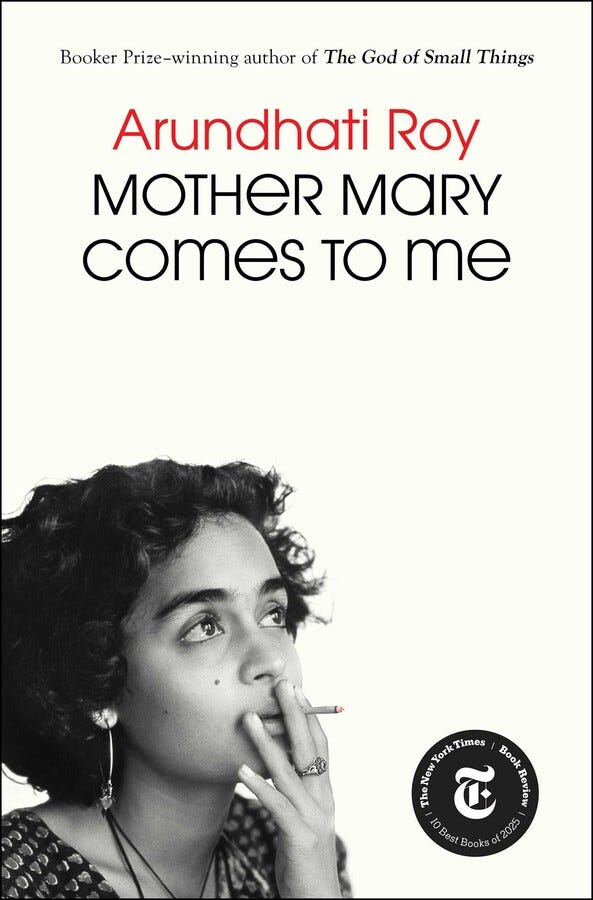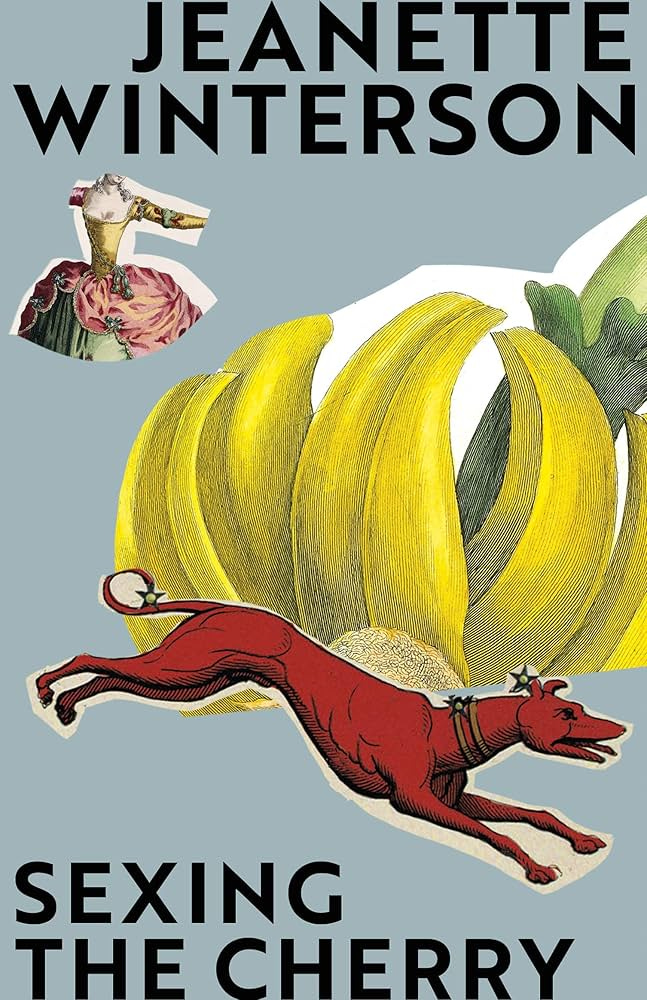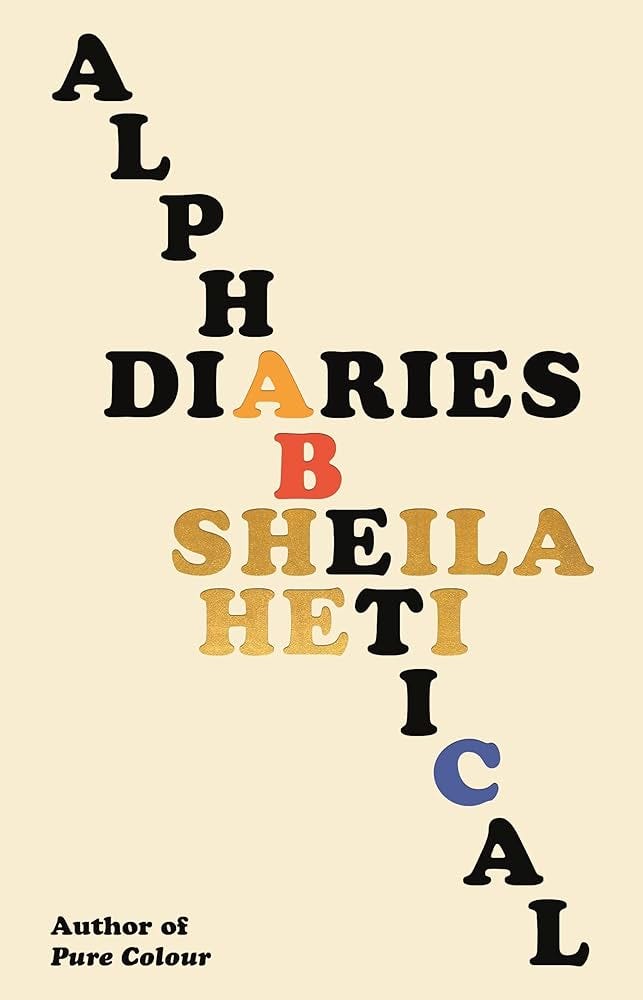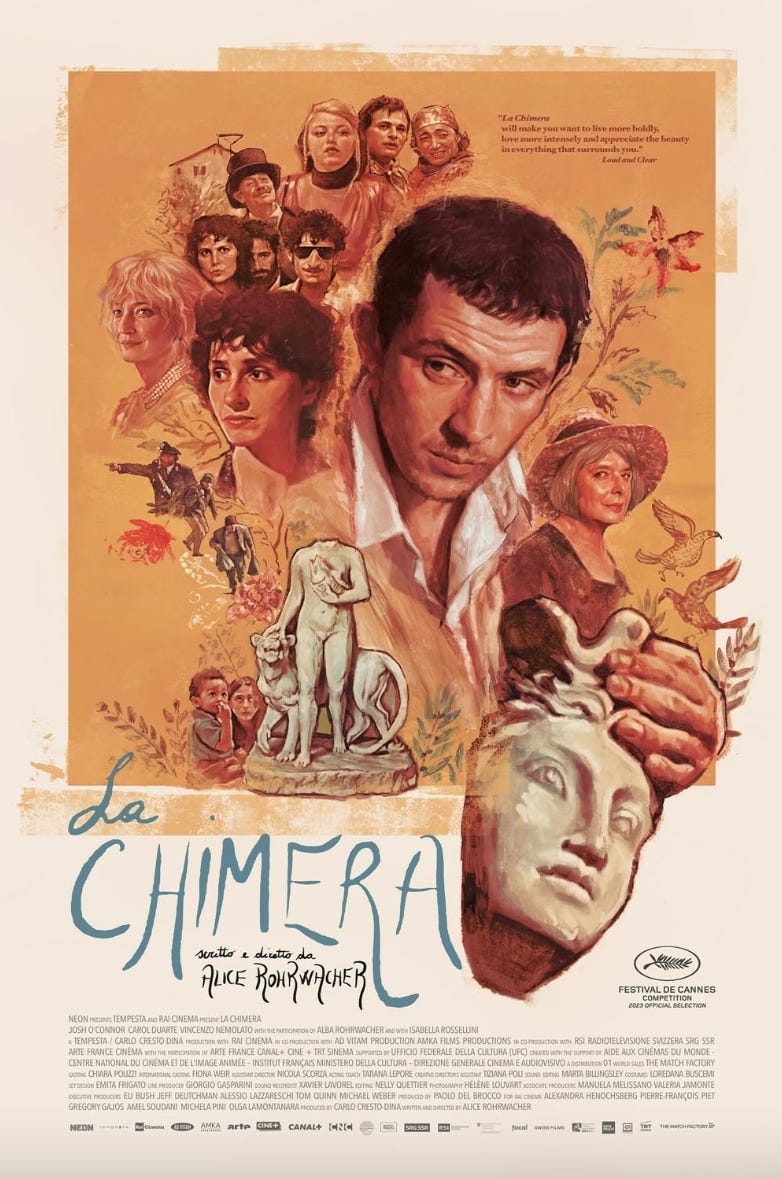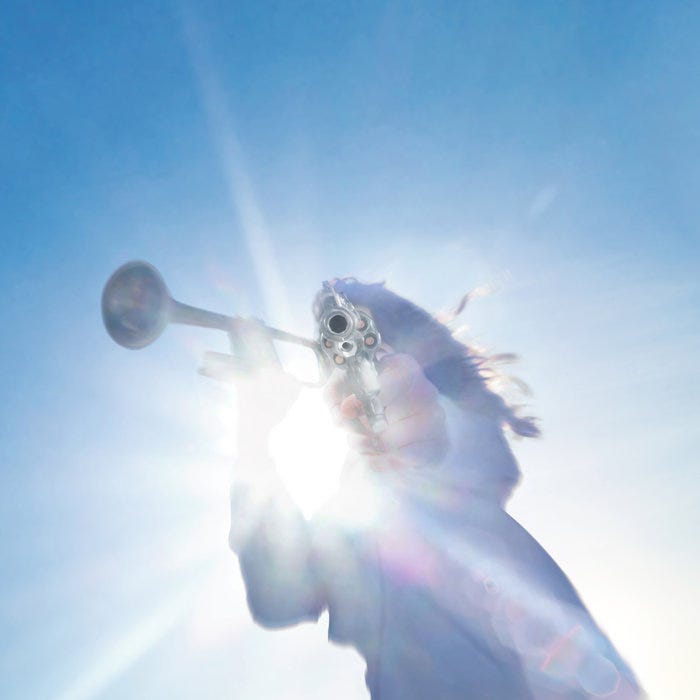The majority of living Nobel Literature Prize winners have written to world leaders before the 2022 United Nations Climate Change Conference (COP27) urging them to "devote part of your agenda to the many thousands of political prisoners held in Egypt’s prisons – most urgently, the Egyptian-British writer and philosopher, Alaa Abd el-Fattah, now six months into a hunger strike and at risk of death."
The letter, organised by Alaa's publishers Fitzcarraldo Editions and Seven Stories Press, has been signed by 15 Nobel laureates: Svetlana Alexievich, J. M. Coetzee, Annie Ernaux, Louise Glück, Abdulrazak Gurnah, Kazuo Ishiguro, Elfriede Jelinek, Mario Vargas Llosa, Patrick Modiano, Herta Müller, Orhan Pamuk, Roger Penrose, George Smith, Wole Soyinka and Olga Tokarczuk.
On November 6th, the first day of COP27, Alaa will stop drinking water. He has been on hunger strike in prison in Egypt for over 6 months.
The letter, reproduced below, has been sent to a range of heads of state, climate ministers, envoy heads and negotiators who will be heading to Egypt for COP27. They include the Secretary General and Deputy General of the United Nations; the President of the European Council; the President of the European Commission; the President, Foreign Secretary and Climate Envoy of the USA; the Prime Minister, Foreign Secretary and COP26 President of the UK; the Leader of the Opposition, the Shadow Foreign Minister and Shadow Climate Minister of the UK; King Charles III of England; the President and Climate Envoy of France; the Chancellor, Foreign Minister and Climate Envoy of Germany; the Prime Minister of Bangladesh; the Prime Minister of Barbados; the President of Brazil; the Prime Minister of Denmark; the President of Ghana; the Representative of the Holy See; the President of Indonesia; the President and Minister of the Environment of Kenya; the President of the Marshall Islands; the Climate Envoy and the Minister for Climate and Energy of the Netherlands; the Prime Minister of New Zealand; the Prime Minister of Norway; the Vice-President of Palau; the Prime Minister of Papua New Guinea; the Prime Minister of Samoa; the Head of the Climate Change Division of Sengal; the President of South Africa; the Prime Minister of Sweden; the Prime Minister of Switzerland; the President of Zambia; among others.
As your country's delegates prepare for the COP27 International Climate Conference in Egypt we, as Nobel laureates, write to urge you to devote part of your agenda to the many thousands of political prisoners held in Egypt’s prisons – most urgently, the Egyptian-British writer and philosopher, Alaa Abd el-Fattah, now six months into a hunger strike and at risk of death.
Alaa has spent the last ten years - a quarter of his life - in prison, for words he has written.
As Nobel laureates, we believe in the world-changing power of words - and the need to defend them if we are to build a more sustainable, genuinely fairer future.
We urge you to use the opportunity that is now in your hands to help those most vulnerable, not just to the rising seas, but those imprisoned and forgotten – specifically in the very country that has the privilege of hosting you. A just transition cannot solely be concerned with bringing down emissions, but must seek a re-construction of the status quo away from exploitation and coercion. If the world’s leaders gather in Egypt and leave without even a word about the most vulnerable, then what hope can they have? If COP-27 ends up a silent gathering, where no one risks speaking openly for fear of angering the COP Presidency, then what future is it that will be being negotiated over?
We understand well what is at stake with the negotiations and their urgency. But we write to remind you that, ultimately, it is not through compromise with authoritarianism that crises are averted. We believe that it is through more democracy, more transparency and more civic participation that the truest route to sustainability lies. Let us not use the excuse of pragmatism to avoid the hard questions.
We ask you to use your plenary address to speak the names of the imprisoned, to call for their freedom, and to invite Egypt to turn a page and become a true partner in a different future: a future that respects human life and dignity. We ask you use bilateral meetings to support the call from Egyptian and international human rights groups for a prisoner amnesty; to make your support a standing agenda item.
We ask you, in your address, to bring the voices of the unjustly imprisoned into the room. Alaa Abd el- Fattah’s powerful voice for democracy is close to being extinguished, we ask you to breathe life into it by reading his words. These, from 2019, about dealing with the climate crisis, are particularly resonant:
The crisis is not one of awareness, but of surrender to the inevitability of inequality. If the only thing that unites us is the threat, then everyone will move to defend their interests. But if we collect around a hope in a better future, a future where we put an end to all forms of inequality, this global awareness will be transformed into positive energy.
Hope, here, is necessary. Our dreams may not come to pass, but if we submit to our nightmares we’ll be killed by fear before the Flood.
Indeed, we cannot surrender to the inevitability of inequality. We cannot yield the possibility of a different future to an amoral managerialism of crisis. We must ensure that our words are spoken in defence of the most vulnerable – because we know that our silence puts them at greater risk.
Yours Sincerely,
Svetlana Alexievich
J. M. Coetzee
Annie Ernaux
Louise Glück
Abdulrazak Gurnah
Kazuo Ishiguro
Elfriede Jelinek
Mario Vargas Llosa
Patrick Modiano
Herta Müller
Orhan Pamuk
Roger Penrose
George Smith
Wole Soyinka
Olga Tokarczuk
ALAA ABD EL-FATTAH is a pro-democracy writer imprisoned in Egypt’s Wadi al-Natroun prison. His life is at grave risk. He has been on hunger strike since April 2022 and plans to stop drinking water on 6 November, as COP27 begins in the Sharm el-Sheikh resort.
After nine years in prison, global pressure for Alaa’s release grows daily, particularly as Egypt comes under the international spotlight as COP27 host. There is also significant weight of public opinion within Egypt for his release but there are no fora to express this except social media. Alaa’s life now hangs in the balance. A concerted, urgent diplomatic effort is needed to save one of the region’s most respected champions of democracy.
BACKGROUND
1. Alaa Abdel Fattah has been a frequent target of the Egyptian regime, having first been arrested in 2006 for protesting for the independence of the judiciary. In October 2011, he was arrested after writing a newspaper article detailing the Egyptian military’s killing of mostly Egyptian Christian protestors. In 2013, Alaa was arrested again, falsely accused of organizing a protest in violation of Egypt’s draconian Protest Law. Alaa was released from prison in March 2019 after serving his five-year sentence.
2. His current detention stems from September 2019, when he was arrested alongside his lawyer, Mohamed el-Baqer, who was arrested while representing Alaa. He was held in terrible conditions at Tora prison, in a cell with no sunlight, denied access to books, exercise, a radio, a mattress or bedding, or any time out of his cell.
3. After two years of being held without trial, a new case was prepared and tried rapidly in Egypt’s Emergency State Security Court. In December 2021 Alaa was sentenced to five years for sharing a Facebook post about human rights violations in prison. His trial was manifestly unfair, to the extent that the Bar Human Rights Committee of England and Wales and German Ministry of Foreign Affairs criticised the process before the verdict was even issued. Neither the prosecution nor the defence presented their cases. The UN Working Group on Arbitrary Detention found Alaa to be arbitrarily detained. The two years served of pretrial detention were not counted toward this new sentence. The previous case remains unresolved.
4. It is widely understood that President Sisi takes a personal interest in Alaa’s case, meaning that his file is handled at very high levels within Egypt’s intelligence agencies.
5. In December 2021 Alaa gained British citizenship through his mother, who was born in London. However, after months of the British embassy staff being denied consular access, Alaa began a hunger strike in April 2022 to demand this right. Though the British government have raised Alaa’s case at the highest levels (then Foreign Secretary Liz Truss in June and July; then Prime Minister Boris Johnson in August), there has been no progress on either his release, or consular access. No British official has yet been able to visit him.
6. Due to rising international and domestic pressure from British parliamentarians and international cultural figures, Alaa was in May 2022 moved to a different prison (where he currently is), where he was allowed books – at which point he switched to a “Gandhi-style” hunger strike, surviving on 100 calories a day. Nevertheless his health has clearly and visibly declined. When his family have been able to visit him, they have commented on how thin and frail he is.
7. Now, after months of endurance, Alaa has announced that on 1 November he will stop taking the 100 calories and return to a full hunger strike. On the first day of COP27, 6 November, he will stop drinking water. This puts his life at acute risk.
ALAA’S SUPPORTERS
Alaa enjoys too many supporters around the world to list, but they include: 63 members of the UK parliament, the US House Foreign Affairs Committee, 15 US lawmakers, the UN Special Rapporteur on the Human Rights & the Environment; the City Council of Paris, the Editorial Board of the Washington Post, Greenpeace UK, Greta Thunberg, Amnesty International, the Committee to Protect Journalists, Reporters Sans Frontieres, the Electronic Frontier Foundation, the Trades Union Congress and the majority - 14 - of living winners of the Nobel Prize for Literature.
UK parliamentarians: Shadow Foreign Minister David Lammy, Bambos Charalambous, Debbie Abrahams, Rushanara Ali, Lord David Alton of Liverpool, Baroness Joan Bakewell, Hannah Bardell, Rt Hon Baroness Tessa Blackstone, Steven Bonnar, Crispin Blunt, Baroness Rosel Boycott, Rt Hon Ben Bradshaw, Rt Hon Alistair Carmichael, Rt Hon Lord Menzies Campbell of Pittenweem, Rt Hon Baroness Shami Chakrabarti, Rt Hon Baroness Lynda Chalker of Wallasey, Rt Hon Jeremy Corbyn, Marsha de Cordova, Angela Crawley, Baroness Christine Crawley, Wayne David, Rt Hon Baroness Frances D’Souza, Lord Alf Dubs, the Earl of Dundee, Stephen Hammond, Lord David Hannay of Chiswick, Neale Hanvey, Wera Hobhouse, Baroness Fiona Hodgson of Abinger, Baroness Gloria Hooper, Lord Raymond Hylton, Lord Michael Jay of Ewelme, Rt Hon David Jones, Baroness Jenny Jones, Baroness Helena Kennedy of the Shaws KC, Lord John Kerr of Kinlochard, Earl of Kinnoull, Chris Law, Tony Lloyd, Caroline Lucas, Kenny MacAskill, Andy McDonald, John McDonnell, Layla Moran, the Duke of Norfolk, Lord Jonathan Oates, Brendan O'Hara, Baroness Nuala O'Loan, Rt Hon Lord Chris Patten of Barnes, Baroness Patricia Rawlings, Lord Simon Russell of Liverpool, the Earl of Sandwich, Tommy Sheppard, Andrew Slaughter, Baroness Elizabeth Sugg, Zarah Sultanah, Rt Hon Sir Desmond Swayne, Alison Thewliss, Rt Hon Sir Stephen Timms, Rt Hon Valerie Vaz, Rt Hon Lord Norman Warner, Baroness Janet Whitaker, Nadia Whittome, Munira Wilson, Mohamad Yasin.
Cultural Figures: Riz Ahmed, Mahershala Ali, Olivia Colman, Angela Davis, Dame Judi Dench, Dave Eggers, Joseph Fiennes, Stephen Fry, Neil Gaiman, Paul Greengrass, Abdulrazak Gurnah, Rebecca Hall, Khaled Hosseini, Naomi Klein, Nathan Lane, Steve McQueen, Carey Mulligan, Bill Nighy, Cynthia Nixon, Ben Okri, Michael Ondaatje, Mark Ruffalo, Stellan Skarsgård, Dan Stevens, Emma Thompson, Yanis Varoufakis, Emily Watson
Nobel Winners: Svetlana Alexievich, J. M. Coetzee, Annie Ernaux, Louise Glück, Abdulrazak Gurnah, Kazuo Ishiguro, Elfriede Jelinek, Patrick Modiano, Herta Müller, Orhan Pamuk, Roger Penrose, George Smith, Wole Soyinka, Olga Tokarczuk
Powerful ideas of protest and freedom of expression from the world-reknown Egyptian political prisoner and activist.
"The text you are holding is living history." — Naomi Klein, from the Foreword
Alaa Abd el-Fattah is arguably the most high-profile political prisoner in Egypt, if not the Arab world, rising to international prominence during the revolution of 2011. A fiercely independent thinker who fuses politics and technology in powerful prose, an activist whose ideas represent a global generation which has only known struggle against a failing system, a public intellectual with the rare courage to offer personal, painful honesty, Alaa’s written voice came to symbolize much of what was fresh, inspiring and revolutionary about the uprisings that have defined the last decade. Collected here for the first time in English are a selection of his essays, social media posts and interviews from 2011 until the present. He has spent the majority of those years in prison, where many of these pieces were written. Together, they present not only a unique account from the frontline of a decade of global upheaval, but a catalogue of ideas about other futures those upheavals could yet reveal. From theories on technology and history to profound reflections on the meaning of prison, You Have Not Yet Been Defeated is a book about the importance of ideas, whatever their cost.


